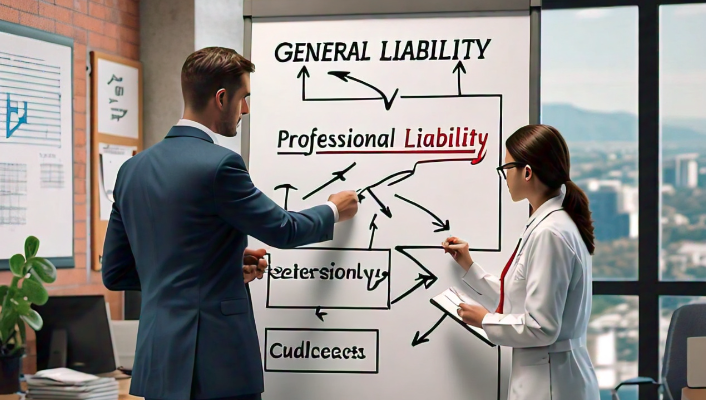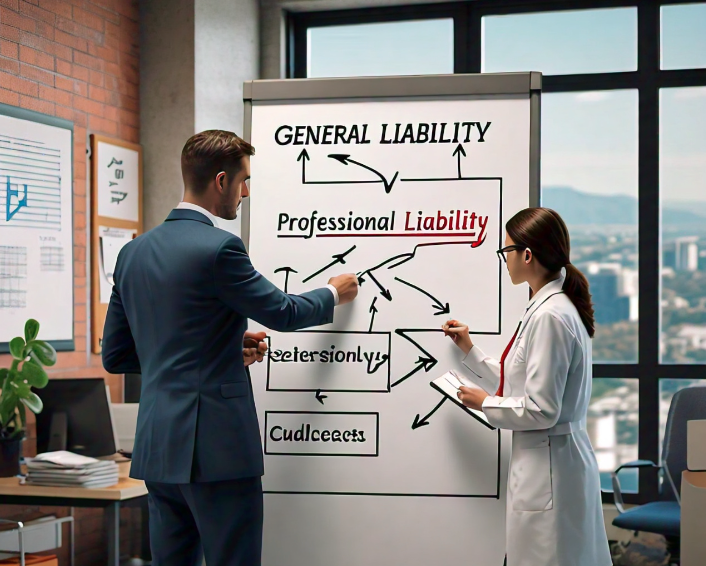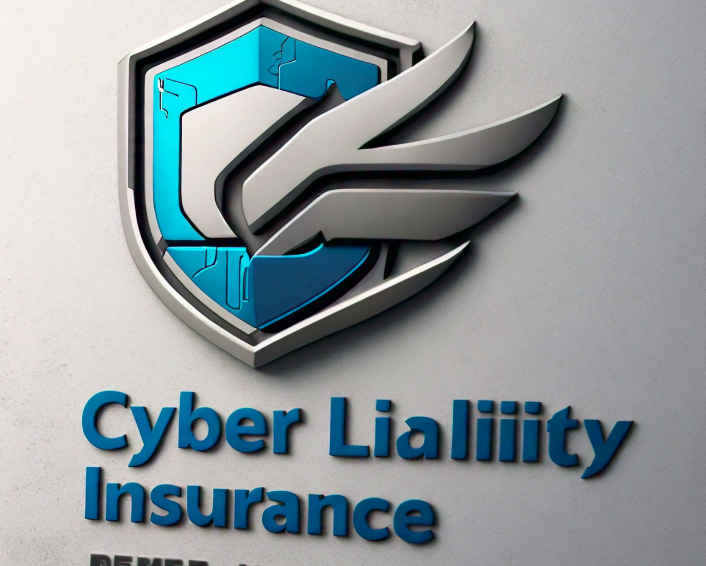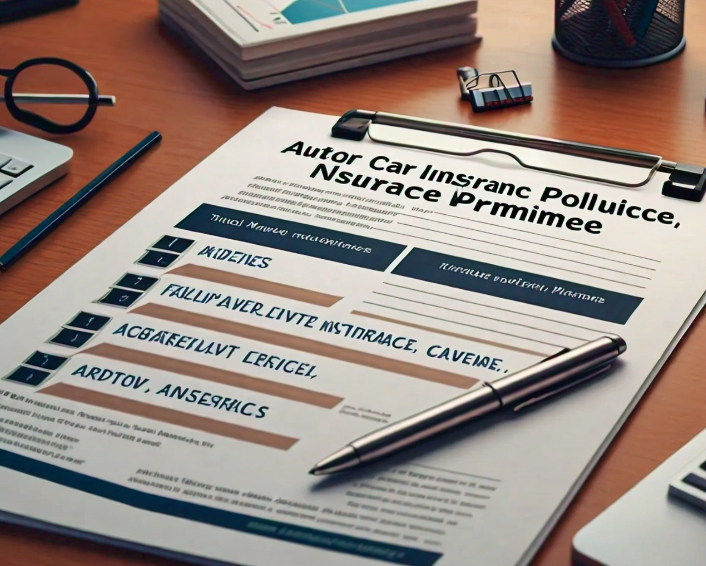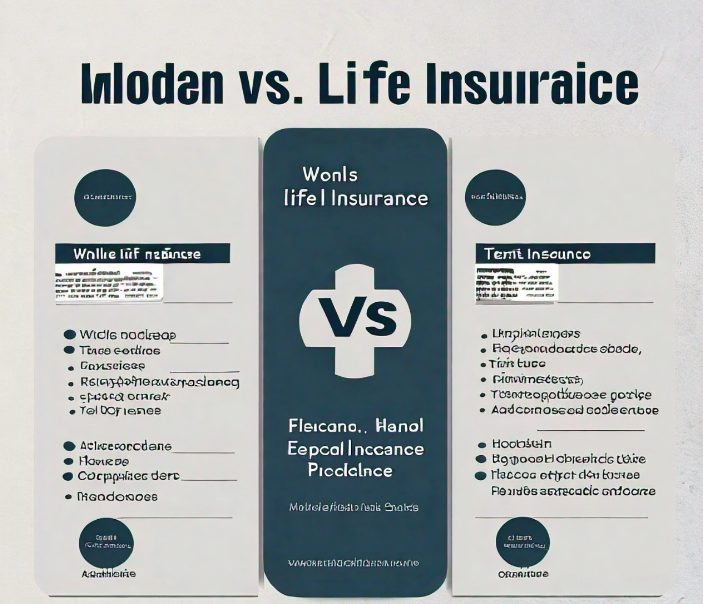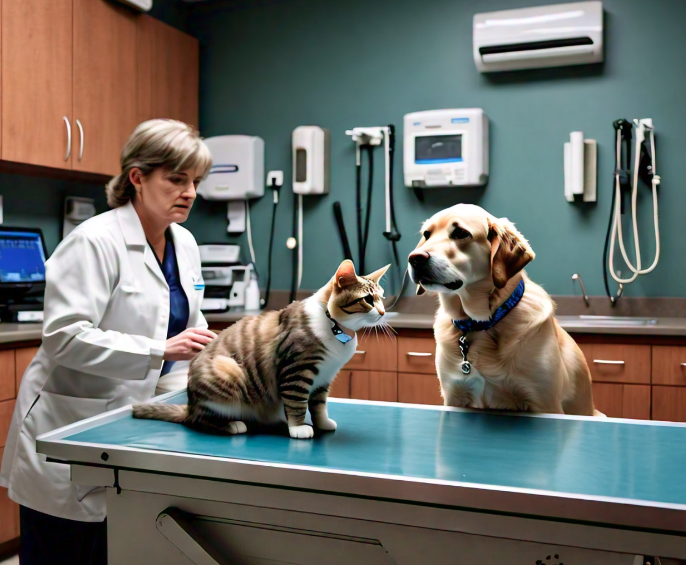General Liability vs. Professional Liability: What You Need to Know
When it comes to running a business, safeguarding against risks is crucial. Two essential types of insurance often come into play are general liability insurance and professional liability insurance. But what’s the difference, and how do you know which one you need? Let’s dive into the details to help you make sense of it all.
Understanding Liability Insurance
What is Liability Insurance?
Liability insurance is a protective measure that shields businesses from claims resulting from injuries or damage to third parties. Whether you’re a sole proprietor or a large corporation, having liability insurance can be a safety net in times of unexpected crises.
Why is Liability Insurance Important?
Imagine you’re running a successful cafe, and a customer slips and falls on a wet floor. Without liability insurance, you could be facing hefty medical bills and legal fees that could cripple your business. Liability insurance provides peace of mind, ensuring you can focus on what you do best—running your business.
Types of Liability Insurance
General Liability Insurance
Definition and Coverage
General liability insurance is designed to protect businesses from various claims, including bodily injury, property damage, and personal injury. It covers things like slip-and-fall accidents or damage to someone else’s property during the course of your business operations.
Who Needs General Liability Insurance?
Almost every business can benefit from general liability insurance. Whether you’re a contractor, retailer, or service provider, having this coverage is often a requirement for contracts and leases. It’s like wearing a seatbelt—always a good idea!
Professional Liability Insurance
Definition and Coverage
Professional liability insurance, often referred to as errors and omissions (E&O) insurance, protects professionals against claims of negligence or inadequate work. This coverage is crucial for industries where advice or specialized services are provided, such as consulting, accounting, or healthcare.
Who Needs Professional Liability Insurance?
If you provide a service or advice that could be questioned or challenged, professional liability insurance is essential. Think of doctors, lawyers, and even web developers—anyone who offers expertise can face claims if a client believes they were misled or poorly advised.
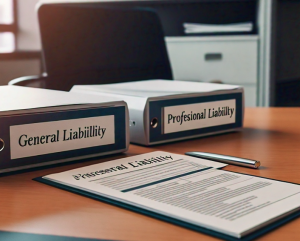
Key Differences Between General and Professional Liability
Coverage Scope
The primary difference between general and professional liability insurance lies in the scope of coverage. General liability covers physical injuries and property damage, while professional liability focuses on claims related to professional services and advice.
Types of Risks Covered
- General Liability: Covers risks like slip-and-fall accidents, product defects, and advertising injuries.
- Professional Liability: Covers risks like malpractice, errors in service delivery, and failure to deliver promised results.
Industry Relevance
Different industries have different insurance needs. For example, a construction company would prioritize general liability to cover workplace accidents, while a consulting firm would focus on professional liability to protect against claims related to their advice.
Real-World Scenarios
When General Liability Insurance Comes Into Play
Let’s say you run a retail store. A customer trips over a display and injures themselves. General liability insurance would cover their medical expenses and any legal fees that arise from the incident. It’s a crucial buffer against financial disaster.

When Professional Liability Insurance is Essential
Now, imagine you’re a financial advisor. A client follows your investment advice but ends up losing a significant amount of money. They decide to sue you for negligence. This is where professional liability insurance steps in, protecting you against claims of inadequate service.
How to Choose the Right Coverage
Assessing Your Business Needs
Before selecting insurance, assess the nature of your business. Do you provide a product or a service? Are you at risk of physical accidents or professional claims? This self-assessment will guide you in choosing the right coverage.
Common Types of Insurance Fraud | ||
Factors to Consider
- Industry Risks: What are the common risks in your industry?
- Client Expectations: Do clients expect you to have certain types of insurance?
- Legal Requirements: Are there regulations requiring specific insurance types for your business?
Common Misconceptions
A common misconception is that one type of insurance suffices for all businesses. However, many businesses benefit from having both types of coverage to address different risks effectively.

Conclusion
Navigating the world of liability insurance doesn’t have to be overwhelming. By understanding the differences between general and professional liability insurance, you can better protect your business against unexpected claims. Whether you’re serving delicious meals or providing expert advice, having the right coverage ensures that you can operate with confidence.
FAQs About Liability Insurance
Can I have both general and professional liability insurance?
Yes, many businesses opt to have both to cover a broader range of potential risks.
What happens if I don’t have liability insurance?
Without liability insurance, your business could face significant financial burdens from lawsuits or claims that may arise.
How much does liability insurance cost?
Costs vary based on factors such as the type of business, location, and coverage limits, but it can range from a few hundred to several thousand dollars annually.
Is liability insurance mandatory?
While it’s not always legally required, many businesses find it essential for protecting against financial loss.
How do I file a claim?
To file a claim, contact your insurance provider, provide necessary documentation, and follow their specific claim process for timely handling.
Common Types of Insura0nce Fraud | ||
Cyber Liability Insurance | ||
Comparing International Travel Insurance | ||
Understanding Liability Coverage | ||
Factors Affecting Auto Insurance Premiums | ||
Whole vs. Term Life Insurance | ||
Affordable Care Act (ACA) Plans | ||
How to Protect Yourself from Fraud | ||
Short-term vs. Long-term Disability Insurance | ||
Importance of Business Interruption Insurance | ||
Common Exclusions in Pet Insurance | ||
Essential Coverage For Small Businesses | ||
Best Travel Insurance Plans | ||
Home Insurance For First-Time Buyers | ||
Comparing Care Insurance Rates | ||
Best Life Insurance Companies | ||
Short-term Health Insurance |
